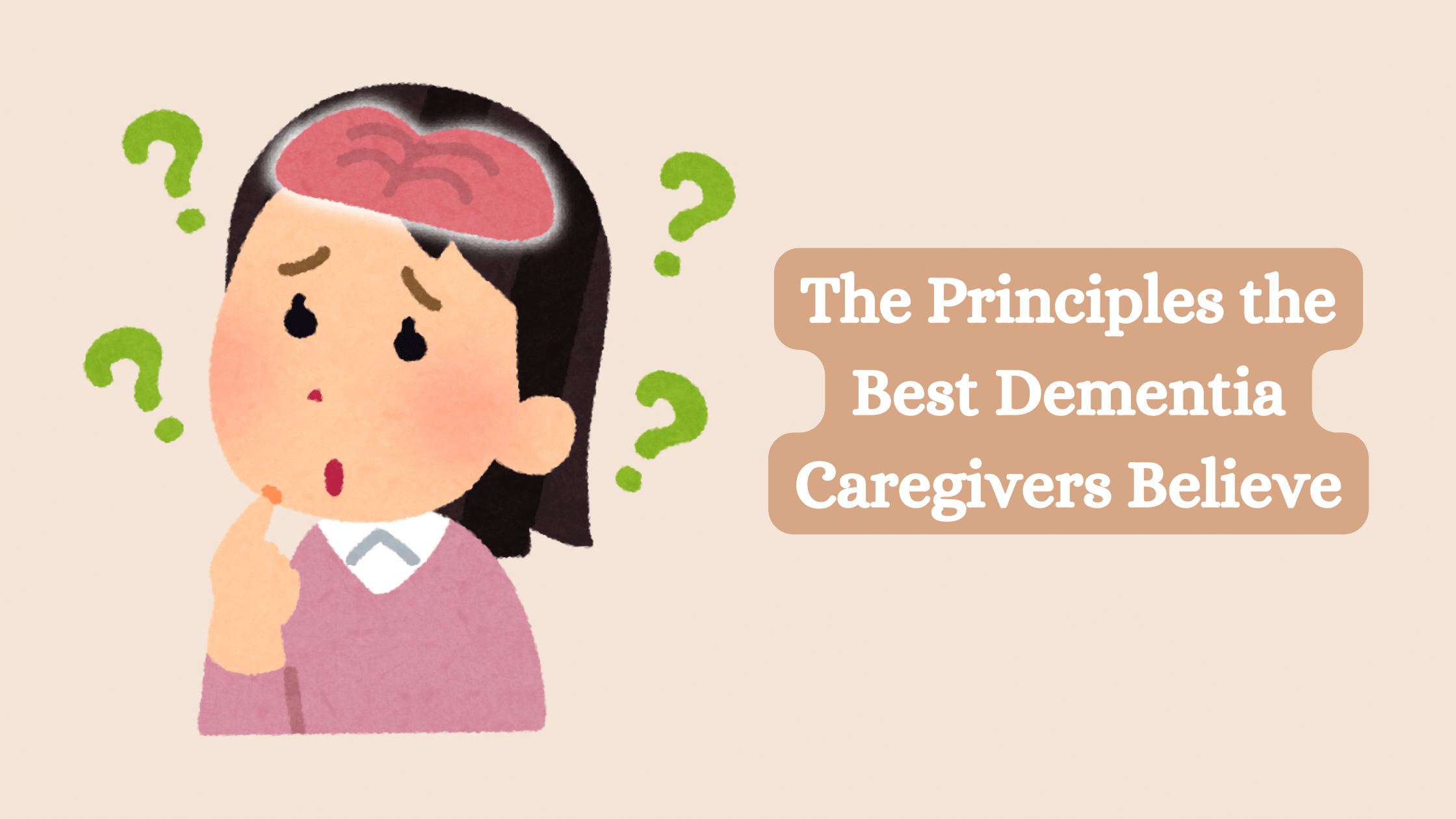
Caring for a friend, relative, or loved one with dementia is very challenging on different levels. If you had no emotional attachment to the person, providing for them a comfortable life where they felt dignified and in charge would still be difficult, depending on the severity of their condition.
Of course, if you’re caring for somebody with dementia, it’s almost always because they played a considerable role in your life. You likely remember them when they were younger and more independent. Seeing them in a reduced state can be taxing emotionally.
Here are a few beliefs that the best dementia caregivers take to heart to help make providing support that much easier.
Reduce Cognitive Noise
People with dementia don’t just have trouble with memory. Sometimes, their ability to reason logically is also impaired. Reducing the cognitive noise in their life can mean different things, like ensuring things they need every day are located in the right place and clearly marked.
Anticipating what may be problematic and solving it beforehand can smoothen out a bump in the road before it’s felt. The leading dementia caregivers in Toronto and the GTA know how to balance helping people with dementia through their daily rituals while also providing them autonomy, independence, and dignity.
No Single Approach Works Universally
There isn’t one single thing called “dementia” that people with the condition experience uniformly. Along the same lines, everybody’s life experiences are different. That’s why it’s impossible for caregivers to pin down any one single approach that works universally. The best thing to do is understand multiple approaches, get to know each resident, and then apply the principles with a personalized approach.
The leading schools of thought for dementia care include aspects of Hogeweky, Montessori, Eden Alternative, Wellspring, Adards, Gentle Care, Green House, and many more. Residents are unique, just like their conditions. Their treatment should be just as singular.
Aging in Place
People’s conditions are constantly in flux. Over the years, dementia tends to get more severe. It’s essential that residents can comfortably age in place, so they have familiar support from people who understand them and what they’re going through.
It will always be essential to provide every resident with engaging activities, cognitive and emotional support, personalized care, and social interactions. But nurturing and enriching people’s lives will look a little different when their dementia gets more pronounced.
There are fundamental things people need for their safety. Nurses should be trained to recognize the difference between emerging medical problems and evolving behavioural symptoms. Intervening properly relies on assessing the issues accurately.
As residents age and their cognitive conditions get more complex, nurses need to rely on their training and experience to give residents the best possible support and experience. The nature of dementia prevents anybody’s condition from being “stable” or even predictable, but experienced nurses have the intuition and training to help residents over time.
Caring for loved ones with dementia isn’t easy, but nurses and staff in the leading care centres have the education and experience to provide residents with a rich, comfortable experience.